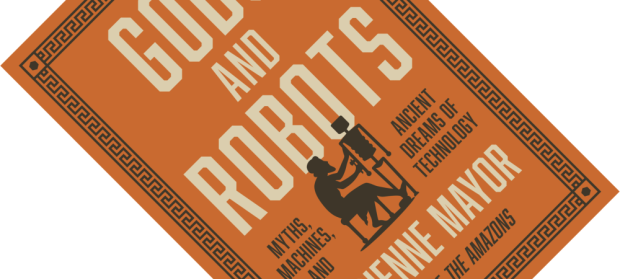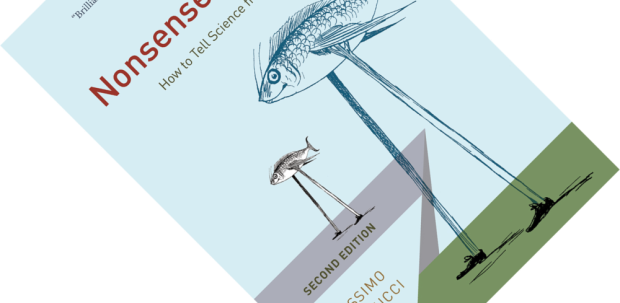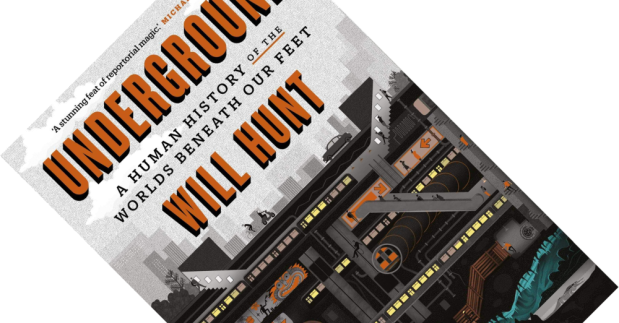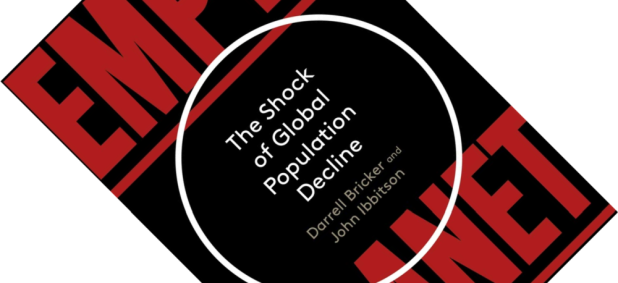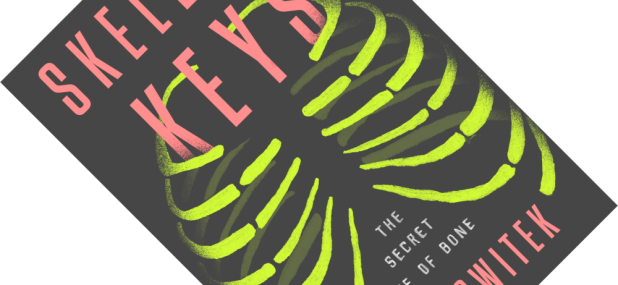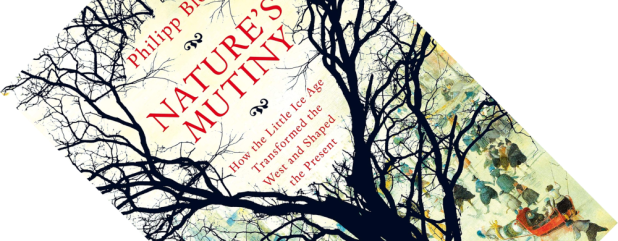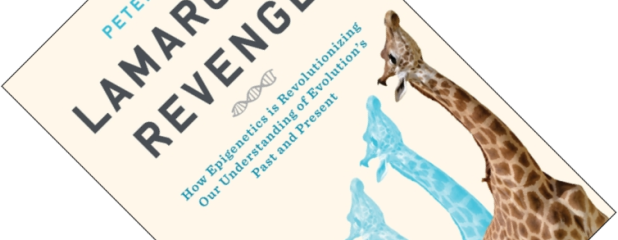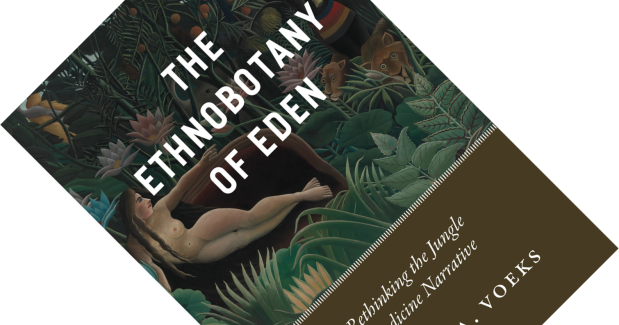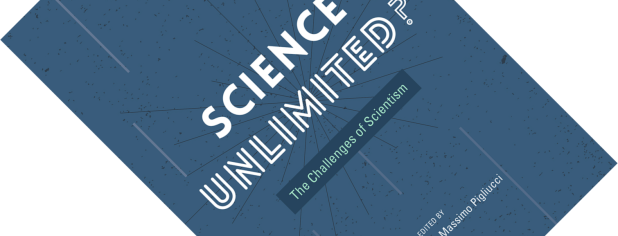The word “robot” will soon celebrate its 100th anniversary, as it was coined in 1920 by Czech writer Karel Čapek. But humanity’s fascination with self-moving devices, or automata, is far older. Classicist and science historian Adrienne Mayor here surveys the many living statues, robotic warriors, and artificial devices that populated Greek mythology to show the deep roots of our fascination with beings “made, not born”.
religion
Book review – Everything is Fucked: A Book about Hope
If you do not like the idea of reading a book review of a self-help book written by an author who hates self-help books. Or if you cringe at expletive-laden language. Stop. Seriously, move on. If that is not you – author, thinker and popular blogger Mark Manson is back with another book full of counterintuitive wisdom, razor-sharp observations, and vulgar humour. I imagine most of my readers will have an academic background, or at least value critical, logical thinking and a healthy dose of scepticism. Manson’s writing might just be for you. Why? Because scientists are people too.
Book review – Nonsense on Stilts: How to Tell Science from Bunk (Second Edition)
In a time of fake news and alternative facts, being able to separate the proverbial scientific wheat from the pseudoscientific chaff is vitally important. But seeing the wide acceptance of a lot of dubious ideas, critical thinking does not come easily. So, how, then, do you tell science from bunk? Updating his 2010 book Nonsense on Stilts, evolutionary biologist and philosopher Massimo Pigliucci once again attacks this problem from many sides. Going far beyond cheap potshots at pseudoscience, I found a book that takes an equally serious look at the more insidious phenomena of think tanks and postmodernism, with a healthy side-serving of history of science. The result is a readable introspection on what science is and how it is done.
Book review – Underground: A Human History of the Worlds Beneath Our Feet
Underground spaces exert a strong pull on the imagination of most people, although for some this morphs into a fascination bordering on the obsessive. American author Will Hunt is one such person, part of a worldwide community of urban explorers who infiltrate into “the city’s obscure layers”. Though this encompasses more than underground spaces, they are a big part of it, and this book is Hunt’s story of how he fell in love with them. It is one of two big books published only five months apart on the subterranean realm, and I previously reviewed Robert Macfarlane’s Underland: A Deep Time Journey. Here I will turn my attention to Underground.
Book review – Empty Planet: The Shock of Global Population Decline
Given that I consider overpopulation to be the mother of all problems and, unfortunately, the elephant in the room that few wish to address, this book immediately drew my attention. Empty planet? Global population decline? Those are not words you often hear when the subject turns to future demographic trends. And yet, these two Canadian authors, Darrell Bricker the CEO of social and opinion research firm Ipsos Public Affairs and John Ibbitson a journalist for Globe and Mail, contend exactly this.
Book review – Skeleton Keys: The Secret Life of Bone
From Skeletor to the Danse Macabre, from Army of Darkness to ossuaries and holy relics – despite being largely hidden in life, skeletons are some of the most recognizable structures that nature has produced. Science writer Brian Switek has written a sizzling little book with Skeleton Keys* that delves into both the biological and cultural significance of human bones, showing them to be more than just a powerful reminder of death and mortality.
Book review – Nature’s Mutiny: How the Little Ice Age Transformed the West and Shaped the Present
In the minds of most people, the words “Ice Age” will invoke images of mammoths and sabertooth tigers. But historians use the phrase “Little Ice Age” to refer to a particular period in recent history when average temperatures dropped for a few centuries. The impact this had on societies was tremendous. In Nature’s Mutiny, originally published in German and here translated by the author, historian Philipp Blom charts the transformations that resulted and shaped today’s world. It is also one of the most evocative book titles I have seen this year.
Book review – Lamarck’s Revenge: How Epigenetics Is Revolutionizing Our Understanding of Evolution’s Past and Present
As one of several intellectuals who wrote about evolution before Darwin, time has not been kind to the French naturalist Jean-Baptiste Lamarck (1744-1829). Reviled during his lifetime by the influential Cuvier, after his death he became best remembered, and ultimately ridiculed, for the idea that characters acquired during an organism’s lifetime are passed on to its offspring. With the rise of the modern field of epigenetics, some of his ideas are making a comeback, albeit modified and adapted for the 21st Century. Palaeontologist and astrobiologist Peter Ward would even like to go so far as to restore some honour to his name and consider epigenetics a neo-Lamarckian process.
Book review – The Ethnobotany of Eden: Rethinking the Jungle Medicine Narrative
When I reviewed the book Defending Biodiversity: Environmental Science and Ethics, one of the reasons that was discussed as to why we should protect nature was the possibility of undiscovered pharmaceutical drugs. Seasoned ethnobotanist Robert A. Voeks shows that this so-called jungle medicine narrative has a long history. Though partially true, it equally contains parts myth, sentimentality, and nostalgia. However, if you are expecting a sceptical critique of superstitious indigenous practices – I was initially wondering whether the book would – no, this book delivers something far more interesting. Without belittling traditional knowledge, Voeks instead exposes the flaws in our interpretation and delivers a nuanced and fascinating ethnobotanical history lesson to boot.
Book review – Science Unlimited? The Challenges of Scientism
You only have to look at the name of this blog to realise that I am a cheerleader of scientific enquiry. The advances in knowledge we have made, and the pace at which it is proceeding, are breathtaking. Yet, there are plenty of people who are not comfortable with the way science has pervaded our lives and cry foul, hurling the accusation of scientism. But what is this beast called scientism? Philosophers Maarten Boudry and Massimo Pigliucci have here collected a diverse and sometimes technical collection of contributions to discuss what scientism is and reflect on how useful a term it really is.

